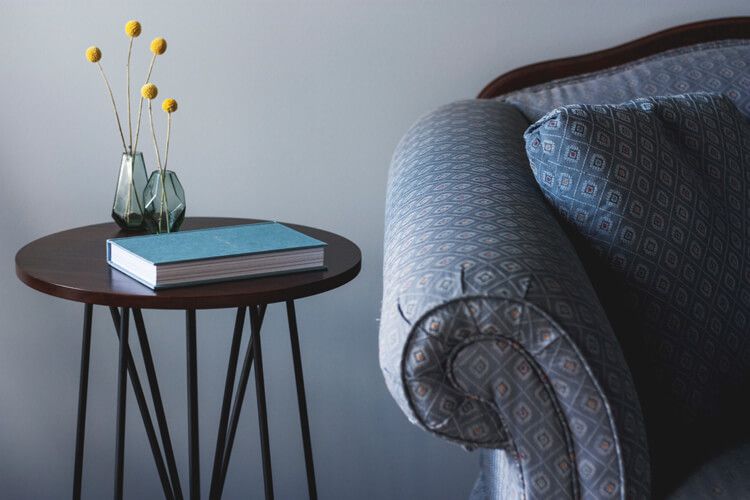When Do You Need a Mold Inspector?
If you are concerned about your health and suspect that you may have molds in your home, then it may be time to choose and pick the right mold inspector.
Three Goals When Choosing a Mold Inspector:
When choosing a professional mold inspector, look for one that has these three goals in mind:
Goal # 1
To find readily accessible and major defects in the house.
Goal # 2
To provide you, the client, with the cause and effects of such defects that will help the homeowner develop a clear understanding of what repairs are needed. These defects may be causing the growth of mold and often go unknown to the owner.
Goal # 3
The inspector should point out where the main water, electrical disconnect switch and heating system shut offs are in case of an emergency.
Qualifications Needed from a Mold Inspector:
Do not choose a mold inspector based on price alone. There are many services where you can price shop, but mold investigation and sampling should not be one of them. Expertise should be top priority. Look for the following training, experience, and qualifications when choosing a mold inspector:
Home inspections, building construction, or building forensics
Your mold problem is not in a dish or cage. It is in a building and is the result of building failure. So, mold testing should be done by someone who has knowledge of buildings, vapor barriers, roofing, HVAC systems and other related things.
Psychometrics
Psychometrics is all about humidity, temperature, dew point and air. A profound understanding of the interrelations of such factors is very important.
Biology knowledge
Because mold is a living organism and subject to the principles of biology, it is very beneficial if the mold inspector understands at least some basic biological and ecological science principles about microbiology or mycology, the study of mold.
It is best if the mold inspector you have chosen has a background in biological sciences and also in building sciences.
HVAC Knowledge
Your chosen mold inspector should be familiar with HVAC systems. It is known that 50% of mold problems are related to HVAC system malfunctions, leaks, or contamination.
Lab results interpretation and mold training
Your mold inspector should be properly trained and experienced in investigating and sampling mold, and they should know how to interpret the lab results.
Knowledge about indoor air quality issues
The mold inspector should have training and experience in general indoor air quality issues because what is sometimes perceived initially as a mold problem may not be mold at all.
Odors or illness may be the result of hydrogen sulfide gas, poor ventilation, dust mite allergens, deadly legionella bacteria or any number of other indoor air quality related issues. If such issues are the real problem, you will need someone who has some knowledge of such issues.
In addition, your inspector should have specialized training in mold inspections as well as training in other related, indoor air quality issues other than mold.
Comprehensive inspection report
Your chosen mold inspector should give you a comprehensive inspection report documenting visual findings, environmental monitoring results, interpretation of lab results, inspector’s conclusions and recommendations on how to control the mold problem.
A report from the lab alone will only result in you asking some other mold inspector for interpretation of the results the discount inspector did not understand. Some mold inspectors do not feel they need to provide those when they have charged you such a low price per sample.
Note that some states initially allowed persons to obtain a license as a mold inspector, without requiring that the inspector pass any written exams or prove in other ways that he or she has the knowledge and competence of a professional inspector. Before choosing one, make sure that they have the proper credentials needed.
How Many Inspectors Should You Contact?
Try to contact at least three inspection firms. Speak with the mold inspector. Find out what type of training and experience each inspector has. Inspectors should be willing to provide you with a sample report and prior client references.
Pay close attention to how much time the inspector spends with you over the phone. A willingness to answer your questions on the phone may indicate his or her attitude during the inspection.
All these things are necessary when choosing an inspector to check out the appearance of molds in your home.


26 comments